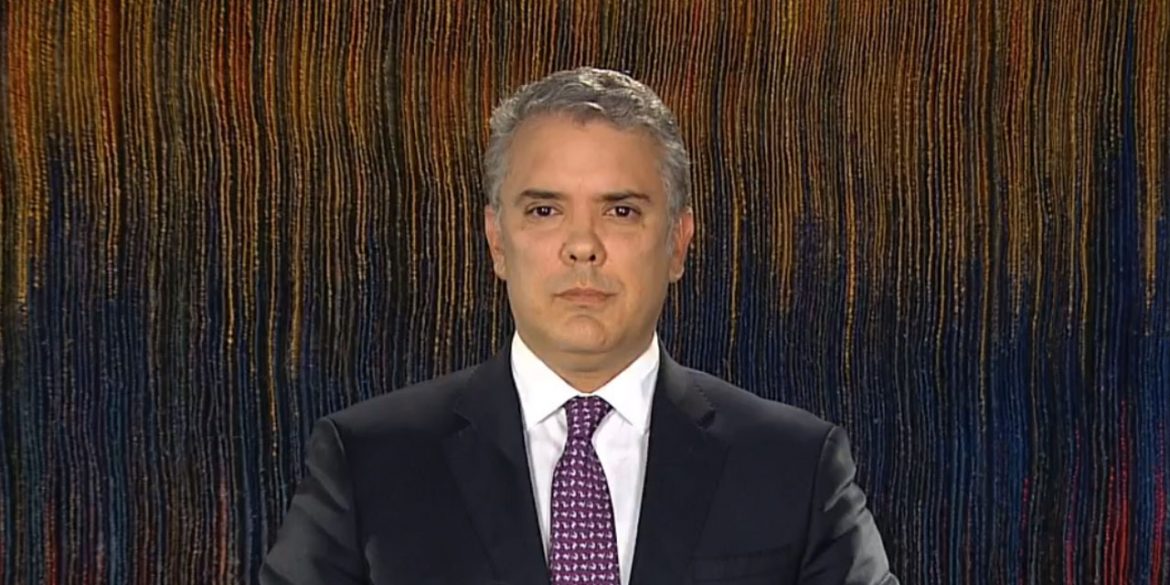Colombia’s President Ivan Duque is defying the United Nations Security Council and Congress by refusing to agree to a bilateral ceasefire with guerrilla group ELN.
The Security Council demanded that all member countries immediately cease fire in a resolution signed last week.
[The Security Council] demands a general and immediate cessation of hostilities in all situations on its agenda and supports the efforts undertaken by the Secretary-General and his Special Representatives and Special Envoys in that respect.
United Nations Security Council
The ELN responded on Monday, saying that it had already declared a unilateral ceasefire in April, adding that “we propose that President Ivan Duque agrees to a bilateral ceasefire for 90 days” as requested by the Security Council.
In a tweet, the president rejected a ceasefire, claiming that “our government will never abandon its constitutional duty to confront crime in the entire territory of Colombia. The ELN is a terrorist group that has scourged the country with barbarism for decades. Colombia is demanding that they release all hostages and put an end to their criminal acts.”
The lawmakers, including members of the coalition, subsequently wrote Duque to urge him to give in to the UN Security Council’s demand and agree to a ceasefire with the guerrillas that took up arms in 1964.
The commitment of the State and the national Government must be aimed at seeking all spaces for peace and the cessation of conflict.
Lawmakers
Senator Roy Barreras, the chairman of the peace commission, reiterated on Twitter that the “UN Security Council resolution DEMANDS a ceasefire!” but he received no response.
Duque’s refusal to adhere to the UN resolution and the congressional call to agree to an immediate ceasefire with the guerrilla group is further increasing tensions as more lawmakers are questioning the legitimacy of the president, who is investigated for coming into power in 2018 following a pact between his far-right Democratic Center party and drug traffickers.


